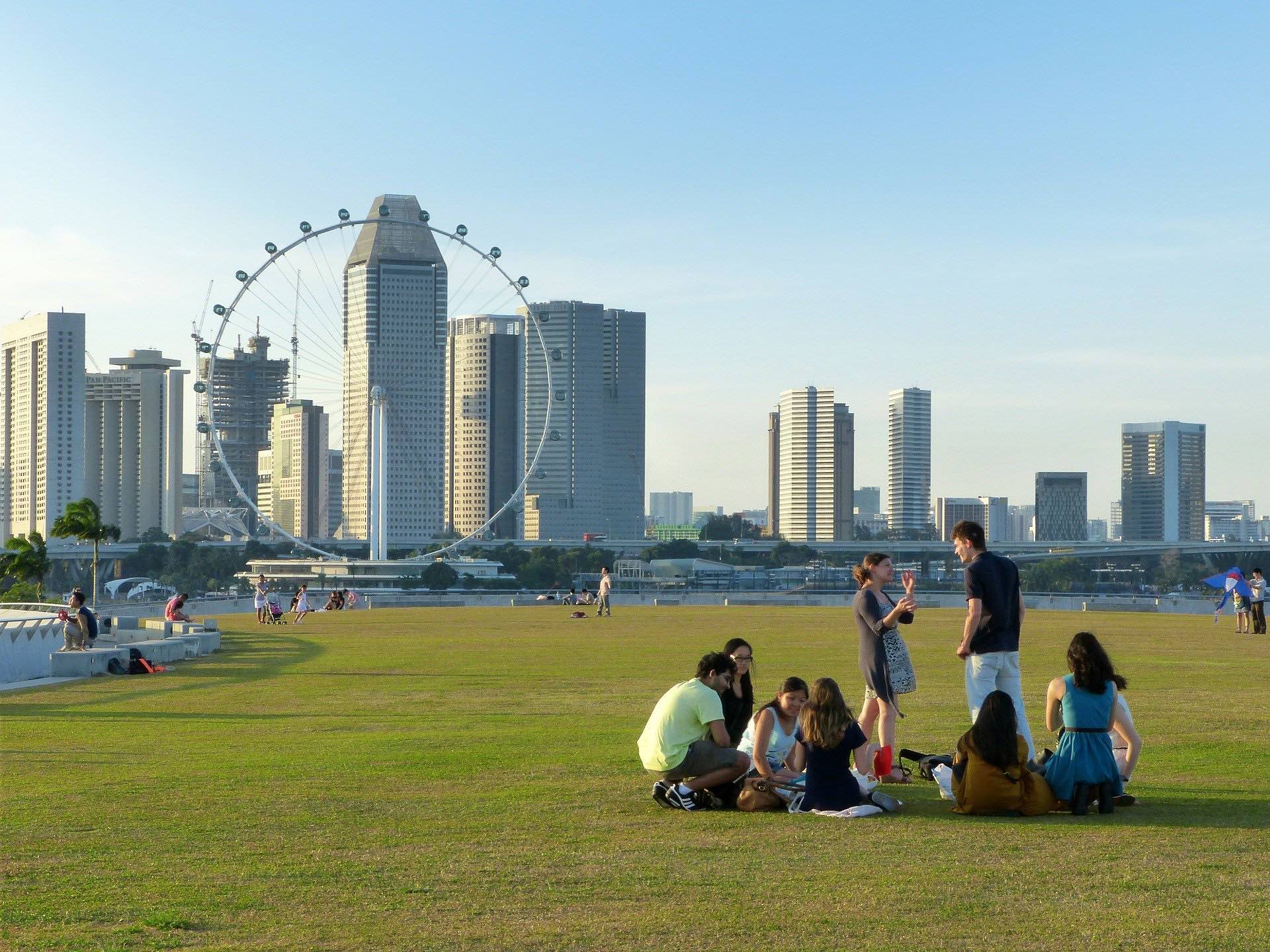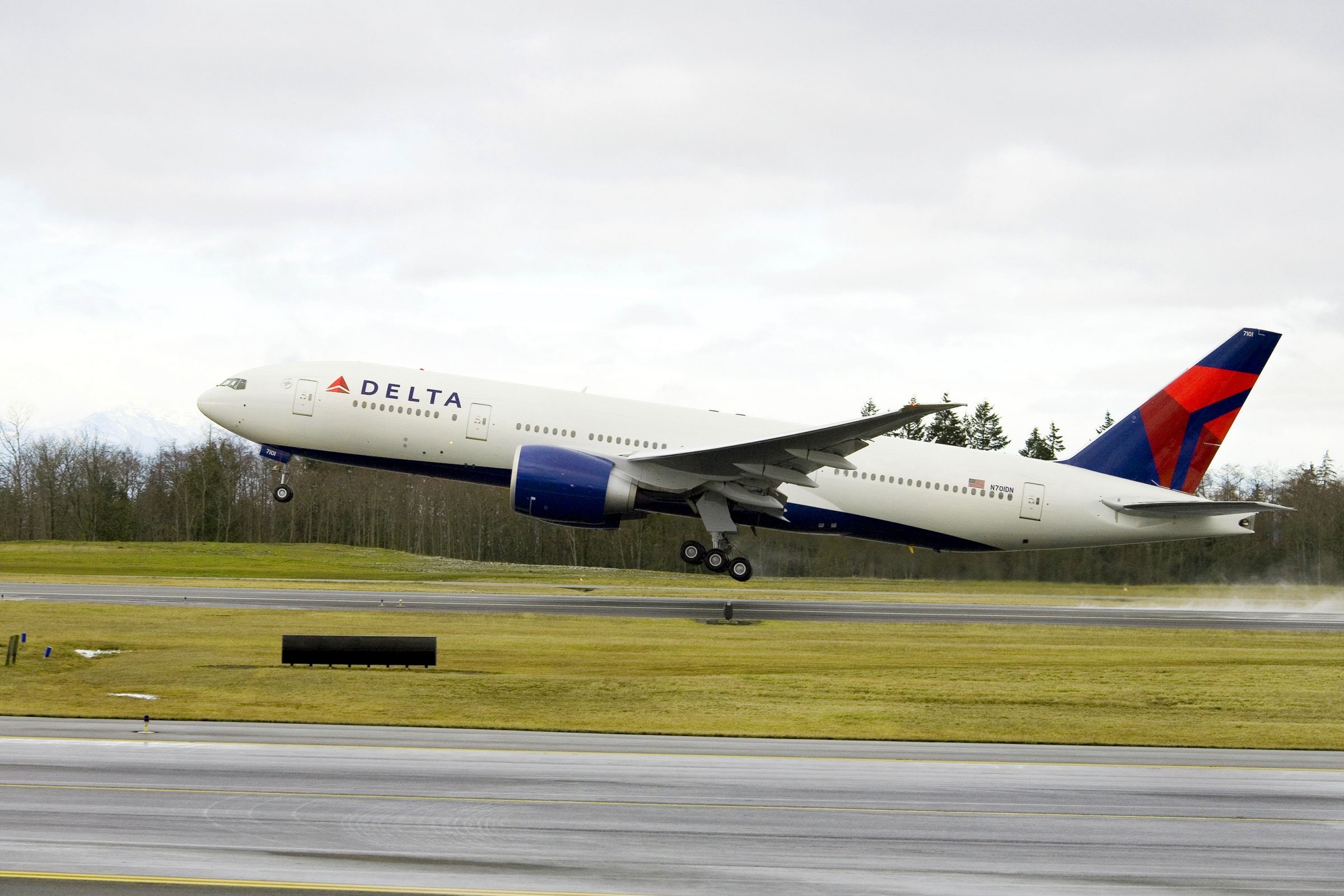Market indications have shown that pent-up travel demand awaits an end to COVID-19 travel restrictions. Will airlines, hotels, car rental, and cruise companies be able to handle the demand?
If you are considering booking travel or signing up for a new credit card please click here. Both support LiveAndLetsFly.com.
If you haven’t followed us on Facebook or Instagram, add us today.
Pent Up Demand
With the entire world cooped up, many are looking for an outlet. In the US, the closure of most foreign destinations has led to an increase in domestic travel, in particular, to Florida. Fort Myers, FL was the number one destination for domestic tourism over Thanksgiving week and lost just 12% of inbound travelers from 2019 (a record year for travel generally.) Comparatively to the rest of the domestic US market, Fort Myers outperformed by nearly 5x.
China has experienced a dramatic uptick in travel domestically as well, replacing trips abroad. So much so that China’s largest booking site, Trip.com recently returned to profitability.
“Jane Sun, chief executive officer of Trip.com, touted the growth of domestic travel in China. Trip.com, China’s top online travel agency, reported a quarterly profit this week for the first time since the start of the COVID-19 outbreak, thanks to domestic demand.” – Fortune.com
Mexico is experiencing a surge in demand because it is close to the US (cut off from most other countries), warm, and comfortable for American travelers. Travelers are shrugging off health concerns, leaving the world’s highest hit country for COVID-19 in favor of number four on the list.
These are all stopgaps until the world reopens.
COVID Travel Restriction Protocols
Foreign travel has stymied recovery efforts even in countries that had fewer incidents than the US.
Singapore is feeling the pressure of regulations it put in place to protect its citizenry and has started a domestic travel initiative in the island nation-state, a significant challenge due to its size. The country was one of the first to sell flights and cruises to nowhere, demonstrating that people will do just about anything to recreate a travel experience. They can neither replace the experience of travel nor the budget hole from a 99% drop in travel without it.

Just as Japan announced it wouldn’t require proof of vaccination nor quarantine ahead of the 2020 (2021) Olympics, the country again closed its borders. The UK variant of COVID-19 has caused the US to add a requirement of a negative test result to enter the US. The Centers for Disease Control and Prevention (CDC) issued the order on Christmas Day.
COVID-19 restrictions change constantly and are difficult for travel companies as well as would-be travelers. Costa Rica has been one of the most manic, first closing its borders (as almost every country did), then opening to some Americans, then to all Americans. Most recently, the country began restricting outdoor tourist activities.
Will Travel Companies Be Able To Handle It?
The travel industry may not be ready to resume international travel when countries reopen. Some American airlines are already showing cracks in small upticks in air travel demand. Delta uncharacteristically experienced operational trouble at Thanksgiving then another collapse over the Christmas holiday.
These struggles are without the return of business travelers as almost all of the increased demand was from the leisure travel sector. Now that 18 million vials of the COVID-19 vaccines have been distributed (though only a million actually taken), travel companies need to alter their efforts to network planning for long term adjustments to the market.
Assuming those 18 million initial vials are injected, and the more than 18 million that have had the virus and now possess antibodies – more than 10% of the US population should be ready to return to life as normal. As Moderna and Pfizer, as well as competitors with vaccines in approval stages continue to ship product, even more will become immune to COVID in short order.
While public health concerns will persist for some time, cruise lines, airlines, hotels, and car rental companies should be preparing now for their return.
In the case of most US airlines, they have passed small stress tests of the holiday travel loads. But as pointed out in a post last week, some travel companies may not be ready for a return to normal in terms of service for some time. So many have sized their operations down. Hertz sold half a million vehicles as it entered bankruptcy early in the crisis.
American Airlines retired a significant portion of its long haul fleet (757s, A330s, and 767s), Delta did the same with its newly renovated 777 fleet. Assuming the resumption of even half long haul schedules would significantly constrain assets, personnel, and add costs to overcome service issues.

Conclusion
All travel companies are in survival mode, appropriate for the times we are currently in. But with hope on the horizon and pent up demand waiting in the wings, it seems that travel companies may not be poised for their customers return.
What do you think? Is there pent-up demand? Are travel companies ready for it? What could they do to prepare?




I think the white Republican male in the white house holding up handouts for the airlines and corporations from the white Republican males in Congress, that normally like to pretend being capitalists, in order to pose how much he cares about ordinary white Republicans who might still vote for these white Republican male idiots regardless is pure comedy.
Will the airlines and hotels survive till the upcoming boom? Will the capitalist pigs pay back what they have gorged after the good times return?
Sounds like the white Republican males have decided to stop posing and throw the crumbs to the poor. They signed the bill they had held up.
An important point you missed in that it is not yet shown if the Pfizer vaccine prevents someone from transmitting COVID; we only know that it prevents illness. Thus, even those who have the vaccine can’t in good conscious go back to life as normal, to say nothing of the impossibility of having different sets of restrictions for vaccinated and unvaccinated people. International travel will continue to be impacted even as the vaccine becomes more commonplace.
While there will be a “pop” in a demand, I can’t see any sort of demand coming back to international travel until it is both safe for the traveler (vaccine) and safe for the host country (large-scale vaccination of its population, low case rates in the traveler’s origin country). My best guess Europe will be feasible by early fall, and I wouldn’t count on Japan, Taiwan, etc. until fall as well.
Your initial point is accurate at this time…
but an important point you miss is that the answer to your question may be answered sooner than the mass scale vaccinations, in which case countries can open tourism to those who have been vaccinated.
I agree. When Europe ramps up vaccinations over the next few months and (hopefully) we do, then I think it will open back up. Transmission is lower in the summer when we are outdoors. That combined with the vaccination should mean we can travel again this summer, assuming we are vaccinated.
I am trying to avoid domestic travel as much as possible and just fly internationally (where permitted of course). Flights are practically empty so guaranteed social distancing onboard.
I just read about this death, attributed to travel. Not proven, just suspected by the family.
In Louisville, Kentucky, UPS driver Todd Elble said his vaccine shipment was the “most important load that I’ve hauled” in a 37-year career. His parents contracted COVID-19 in November, and his 78-year-old father died. He said the family speculates that his father got infected while traveling on a hunting trip with four other relatives to Wyoming, and some are still sick.
“I’m going to take the vaccine myself. I’m going to be first in line for my father — I’ll tell you that much — and any others that should follow,” he said. “I feel in my heart that everybody should, to help get this stopped.”